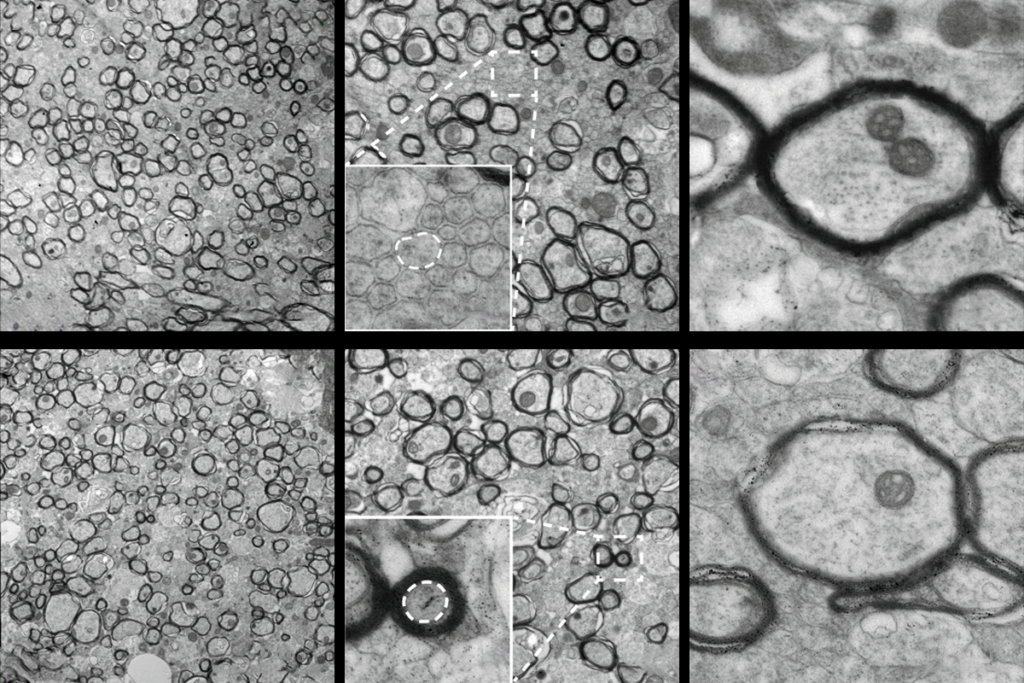Mark Wallace is dean of the graduate school at Vanderbilt University in Nashville, Tennessee.

Mark Wallace
Director of the Vanderbilt Brain Institute
From this contributor
We need precise measurements of sensory traits related to autism
Separating sensitivity to sensory stimuli from the response to the stimuli may help scientists understand the root cause of sensory traits in autistic people.

We need precise measurements of sensory traits related to autism
Timing is key to understanding sensory, social issues in autism
Individuals with autism have trouble reading social cues because their brains connect sights and sounds over unusually long periods of time.

Timing is key to understanding sensory, social issues in autism
Explore more from The Transmitter
Oligodendrocytes need mechanical cues to myelinate axons correctly
Without the mechanosensor TMEM63A, the cells cannot deposit the appropriate amount of insulation, according to a new study.

Oligodendrocytes need mechanical cues to myelinate axons correctly
Without the mechanosensor TMEM63A, the cells cannot deposit the appropriate amount of insulation, according to a new study.
Modern AI is simply no match for the complexity likely required for harboring consciousness, says Jaan Aru
He argues that our brain’s computations are of a completely different nature than any artificial intelligence because they take place across many spatial and temporal scales and are inextricably entwined with biological materials.
Modern AI is simply no match for the complexity likely required for harboring consciousness, says Jaan Aru
He argues that our brain’s computations are of a completely different nature than any artificial intelligence because they take place across many spatial and temporal scales and are inextricably entwined with biological materials.
Interneurons’ role in epilepsy, and more
Here is a roundup of autism-related news and research spotted around the web for the week of 9 February.

Interneurons’ role in epilepsy, and more
Here is a roundup of autism-related news and research spotted around the web for the week of 9 February.